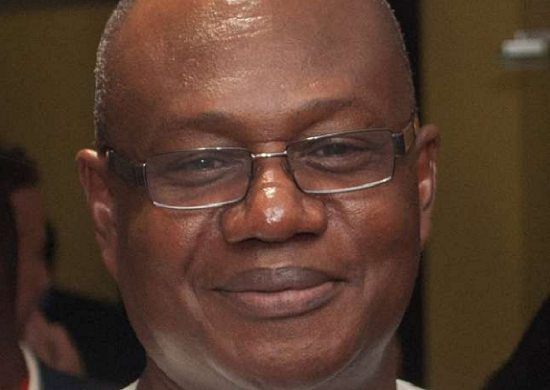The Interior Minister, Mr Prosper Bani, has assured Ghanaians that the government will continue to put in place the necessary regulatory framework to ensure a violence-free atmosphere before, during and after the December 7 presidential and parliamentary elections.
He said the security agencies in the country had been adequately resourced with personnel and logistics to ensure that the upcoming elections remain as peaceful as ever.
Ghana, he said, had since the advent of the fourth republic gone through five successful elections, and expressed optimism that the country would “pass this test this time also and continue to remain the beacon of hope in West Africa.”
Mr Bani, who was speaking at the end of the 2016 session general meeting of the National House of Chiefs (NHC) in Kumasi, called on the citizenry to be law-abiding in order not to face the wrath of the security agencies.
The minister was accompanied to the house by the Inspector General of Police, Mr John Kudalor; the Minister for Chieftaincy and Traditional Affairs, Dr Henry Seidu Daannaa; the acting Director-General of the Ghana Prisons Service, Mr Emmanuel Adzakor; and the Ashanti Regional Police Commander, COP Mr Kofi Boakye.
Hotspots
He said so far, out of the 29,000 polling stations nationwide, the security agencies had identified 5,003 hotspots, adding that the security agencies were up to task to scoop out any mischievous people or group of persons who had plans to interrupt the electoral process.
Mr Bani sent a word of caution to the so-called “Macho men” who moved from polling station to polling station to disturb the sanctity of elections that such malfeasance would no longer be tolerated.
Condemnation
The President of the National House of Chiefs (NHC), Naa Professor John S. Nabila, condemned recent moves by some chiefs and traditional leaders to openly declare support for parliamentary and presidential candidates ahead of the upcoming elections.
He said the chieftaincy institution even before Ghana gained independence, had been cherished by all manner of persons with diverse religious and political inclinations as a neutral body, and urged them to preserve the status quo in order not to bring the institution to public ridicule.
Sensationalism
Prof. Nabila charged the media to be circumspect and also desist from sensational reportage, adding that such unethical behaviour could plunge the country into chaos.
He said the tenets of journalism enjoined practitioners to provide the public with factual, balanced and accurate information in an atmosphere of circumspection and professional integrity.
He further urged political party leaders and activists to be guarded in whatever they put out in order not to inflame passions.

